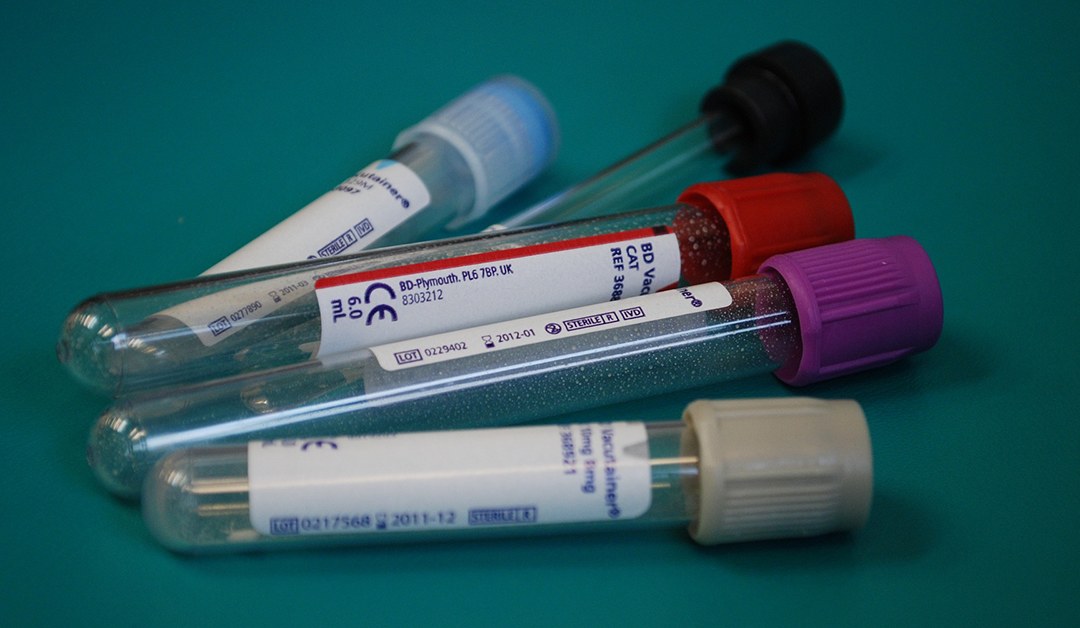Contributed by Bob Rawlins, consultant to CAIRE Inc.~
Such is the life we live in. Think about how many times you are tested throughout your daily life. Emotions, finances, family relations, partner relations, and, of course, work situations test you throughout your career. Your kids test you by pushing your buttons. Your significant others will do the same thing at times. Politicians build their platforms around testing us. Society I genuinely believe is set up that way, it tests our limits.
Many of you can relate to a test as it applies to everyday situations in a career atmosphere. I remember on several occasions in my team meetings we discussed certain initiatives and we agreed that we were being tested on a certain project even though upper management didn’t explain it to us that way. So, we accepted and committed ourselves to the challenge and did our best to make it a success.
Challenging someone to become better is a fantastic way to provide solid encouragement and creative feedback. But if someone isn’t aware that they are being tested by their peers or superiors, I do think that is wrong. When you get tested you expect to review results and plan an action plan no matter what the results are.
We all have tested our kids with curfew times, acts of kindness tests, etc. Correct? But challenge is a better way, and they understand the challenge up front. “Your curfew is 11 PM, I am challenging your responsibility to be home on time.” No secrets. But the results are already expected and anything short of that is a failure to comply. Sound familiar? Especially for those of you in the military out there. Failure to comply — great challenge or test that everyone understands.
If you are on any chronic lung journey, or other health journey, you already know many, many tests that are necessary. For cancer, and many other chronic illnesses, testing becomes a way of life for the individual diagnosed in most cases. The tests are given, the results are read, and the action plans made. The success meter is the same in most cases. Find a way to cure the illness after the tests or find a plan to deal with whatever the results are, and potentially take more tests in the future and change the plan as needed. When completing treatments for cancer, testing is even used to verify that the cancer is in remission. We all have cancer cells in our bodies and when they get active, it can become a fight for survival in some cases.
Tests for most everyone are part of a normal routine to maintain one’s health, but when you get a chronic illness like Interstitial Lung Diseases (ILD), Pulmonary Fibrosis (PF), and Idiopathic Pulmonary Fibrosis (IPF), there are many tests repeated consistently over time and, depending on the results, it can lead to more tests and plan of action step changes. Tests, tests, and more tests.
These tests can help catch things early, and keep us in the best health we can be at the time, but that does not cause less stress or anxiety for the person or caregiver navigating the results.
There is nothing worse than the fear of the unknown. Am I right?
In the past seven years, I couldn’t even guesstimate how many tests I have personally been through. And every time I was anxious for the results. Better, worse, stable? In my situation staying stable was a success, there is no cure for ILD, but trying to remain stable is the positive result we are looking for.
I give us all a ton of credit that many not on this journey don’t understand. We are living our lives to stay stable, to prolong the inevitable. We are ROCKSTARS! Don’t ever forget that my friends. It takes a strong mental attitude to face these tests every month knowing there isn’t a cure, but an action plan to try and keep the situation stable. So, tests, tests, and more tests, are unpleasant, but they are helping us survive and accept new outcomes and treatments along the way.
Even before my double lung transplant, I had additional six to nine months of testing and evaluations combined with the normal testing I’ve been taking. Post-transplant, every three months, plus three-month bronchoscopes for the first year. And, about 31 pills every day.
I’d do it all again my friends, no questions asked. To have another journey to live with better health and the ability to do more, is well worth the risk no matter how long this journey will last.
If you find yourself in a world of testing, and are taking regular meds to fight this journey, keep up the good fight! My thoughts and blessings are with you and your family.
Keep rockin’ ROCKSTARS, keep rockin’!
Love you all.
#laugheveryday
#touchaheart
#bekind
#breathe-easy
Love you all,
Coach Bob
Bob Rawlins, 64, of Medina, Ohio, is a double lung transplant recipient and a patient advocate for those who suffer from respiratory diseases and have been prescribed supplemental oxygen therapy. He is husband to Terese and father to their 17-year-old triplets. He also has two grown twin sons and four grandchildren. He serves as a hospital volunteer, band dad and chaperone, and marketing guru.
If you have been prescribed oxygen therapy, learn more about CAIRE by visiting www.caireinc.com/patients or by calling 1-800-482-2473 to talk to an oxygen advisor.
The contents of this blog post are not intended to substitute for professional medical advice. Please consult your physician for personalized medical advice. When using any oxygen therapy device please consult the applicable product instructions for use for product indications, contraindications, warnings, precautions, and detailed safety information.
Photo credit: Image by Anna from Pixabay

